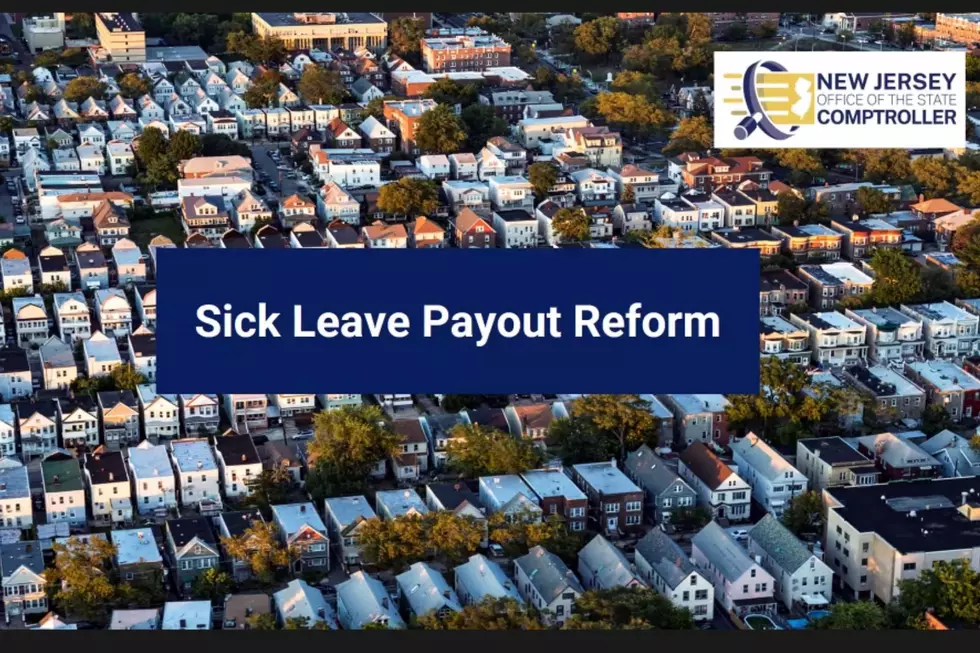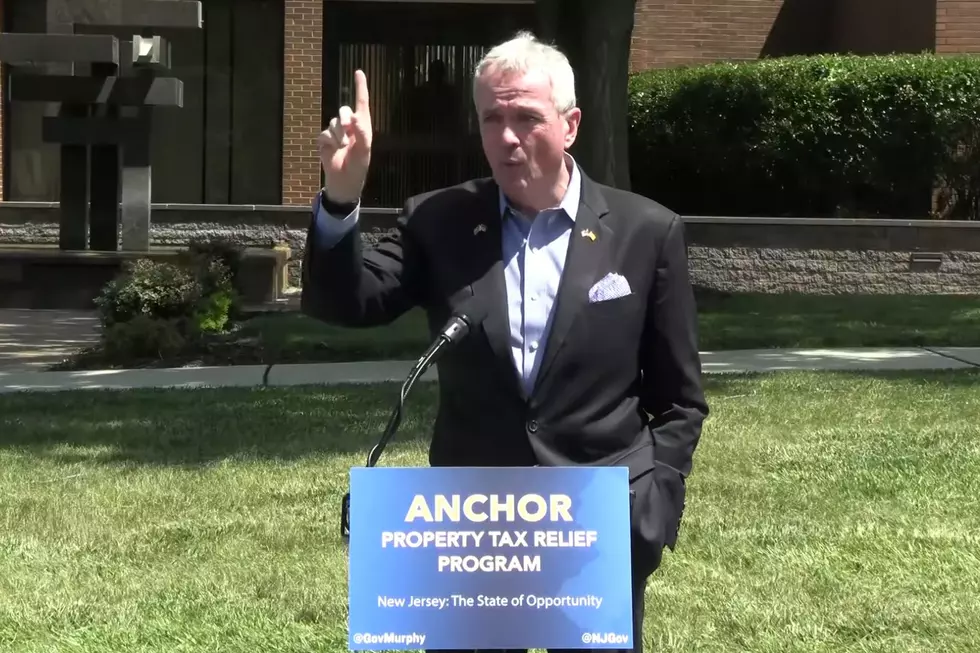
NJ Senate president to towns: Share services, cut taxes — or else!
Legislation that would push towns and school systems to share services, in part by threatening to withhold funds, is again moving in the state Senate.
The idea has gotten that far before, then hit a roadblock. This is the fifth straight legislation session that Senate President Steve Sweeney has sponsored the bill – usually assigning it the number S1, which is held in reserve to be used on a proposal that legislative leaders deem important.
“The shared service bill just really goes after communities that don’t share at all,” Sweeney said. “One thing we know is that by putting a 2 percent cap on (increases in the property tax levy), there’s more shared services going on now than ever before because we’re forcing the sharing of services to get underneath the cap.”
“It’s not just limited to municipal government. We’re talking schools, too,” said Sweeney, D-Gloucester. “Again, there’s a potential for a countywide administrative school system, where you don’t have all that administration underneath.”
The latest incarnation of the bill attempts to encourage shared services by ending some terminal leave payments and relaxing civil-service protections in some cases.
The New Jersey State League of Municipalities says the changes have improved the bill, but the lobbying group for cities and towns remains opposed because localities that don’t adopt shared services proposals recommended by a state commission could lose state aid equal to the projected savings.
“The main issue is the taxpayer penalty,” said Lori Buckelew, a senior legislative analyst for the League of Municipalities. “We trust the public to elect representatives, amend the constitution, but we’re not going to trust them to either support or reject the recommendations?”
“The taxpaying citizens should be allowed the unencumbered right to determine the future government of their communities,” Buckelew said.
Sweeney said there have been instances where studies showed that consolidating police departments could save a town $400 a year per household, only to have local voters turn down the idea after a campaign is waged locally against the proposal.
“If you’re going to vote down where you on your own can save $400 a year – you know what I mean, on your own – why are you expecting more money from us if you’re not willing to save it on your own?” Sweeney said.
Sen. Paul Sarlo, D-Bergen, who voted for the bill as Senate Budget and Appropriations Committee chairman and is also the Wood-Ridge mayor, said the more the state can knock down barriers to shared services, the better off it would be.
“This is a bill that’s a step in the right direction on shared services,” Sarlo said. “It’s not a consolidation bill.”
More From 92.7 WOBM










